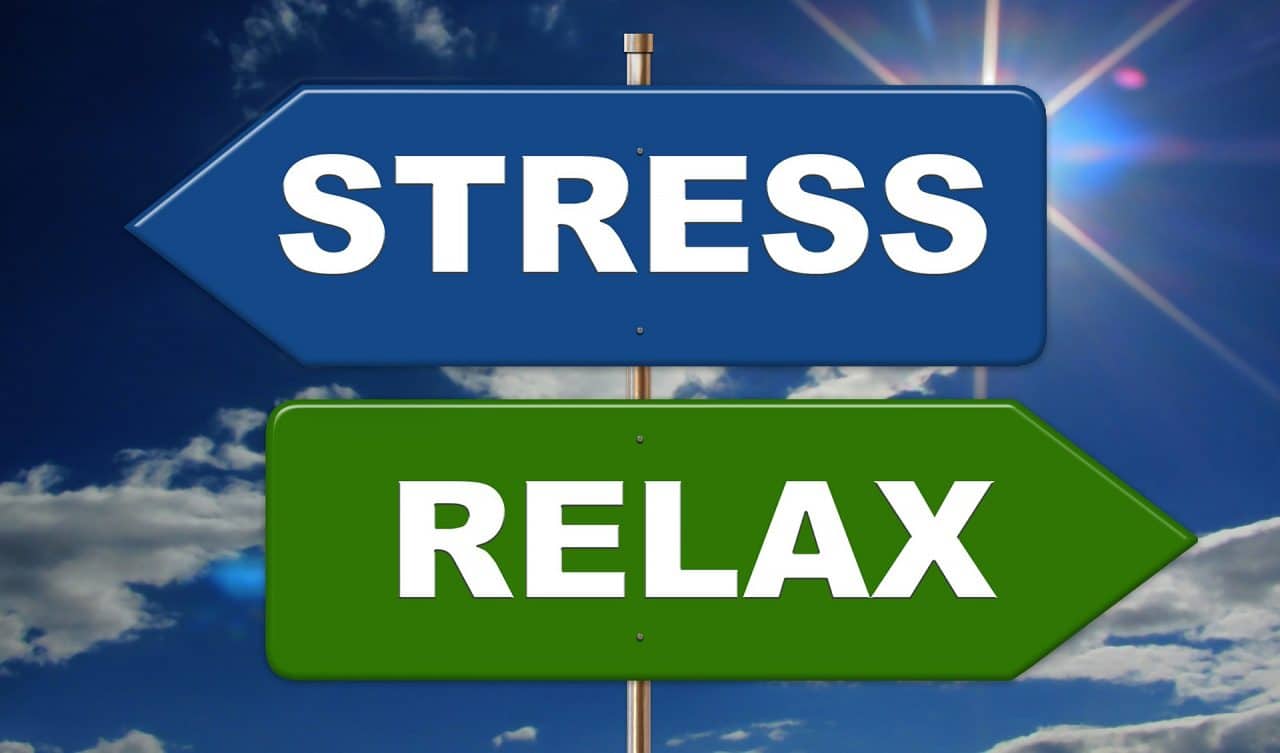By honorary assistant psychologist, Sadiya Hassani.
Stress is our body’s response to pressures from a situation or life event. There are many things that contribute to stress and can vary hugely from person to person and differs according to our social and economic circumstances, the environment we live in and our genetic makeup.
Something new or unexpected can contribute to feelings of stress. It is also common to feel stressed when something threatens your feeling of self or feeling you have little control over a situation.
Stress affects your body, your mood, and your behaviour. Your health might be affected by stress without realising. You may think illness is causing your poor health, however, stress may be the cause of those nasty headaches, your insomnia, and the fatigue you are experiencing.
Life goals and stress:
Our goals play a large role in our lives, therefore, can cause us stress. The value that we place on achieving our goals is central to our ability to deal with stress. Stressing about something you care about doing well in, such as an exam or a job interview, is perfectly normal. It is also normal to want to achieve these goals.
However, what separates overly stressed individuals from those that are not, is the degree to which we meet life’s goals and how we deal with potential failure to reach them.
The cognitive process of stress:
In an event, we consider whether it is stressful and relevant to us. This process helps us evaluate the potential harm, threat, or challenge it may impose on us. The second part focusses on how to cope with the stressful event. If you have been through a similar stressful event, this previous experience will be used as a reference to deal with the current situation.
To better understand the first part of this process, suppose your car stopped running without any signs that might indicate there is something wrong with the car. You might think that this is not important as you have no plans of going somewhere today. Or, you might say that this is good as you can take the train and help save the planet as you’re polluting the air less. Or, you might see the car not working as stressful because you promised to drop your best friend off at the airport the next morning.
Effects of stress:
It is important to recognise the effects of stress to be able to manage them. People react differently to stress. Some people may ‘shut down’ and detach themselves from those around them. Others can turn to substances and potentially put themselves at risk of substance misuse. Some react emotionally and get angry quicker, often anger is used to mask other emotions – such as anxiety, fear, guilt or shame – as a means of escape rather of feeling hurt.
Some people even confuse being stressed with being busy or successful as they are pushing to ‘do it all’. As a result, people become comfortable with being stressed and the negative habits associated with it. This means that they might not recognise how stressed they really are and aren’t likely to do anything about it.
How to minimise stress:
Unfortunately, stressing over something you care about doing well in, can work against you as it stops you from performing optimally, therefore, making it more likely you will fail. This makes it important to know how to deal with stress and how to minimise it. Here are some methods to reduce stress.
- Getting regular physical activity: exercise may be the one most recommended coping strategy by health care professionals. Exercise and other physical activity produce endorphins—chemicals in the brain that act as natural painkillers. Endorphins also improve the ability to sleep, which in turn reduces stress.
- Practicing relaxation techniques: There are a lot of techniques to explore when it comes to relaxation. Some are deep breathing, meditation, yoga, tai chi or massage.
- Being present: A good way to keep your mind off stress and anxiety relating to stress is to practice mindfulness which helps you being present. Eckart Tolle, a famous spiritual writer, believes the past and future are not in our control, therefore are not worth worrying about, the only thing that matters is the present. Being present also helps in meditation.
- Spending time with family and friends: talking to friends or family about your current situation may help relieve some of the stress. Sometimes, it all seems worse in our mind than it is.
- Setting aside time for hobbies: it is common to forget to spend time with yourself. Hobbies such as reading a book or listening to music can help distract you from your stress.
- Keeping a sense of humour.
If you’re not sure if stress is the cause or if you’ve taken steps to control your stress but your symptoms continue, see your GP. Your healthcare provider may want to check for other potential causes. Or consider seeing a professional therapist, who can help you identify sources of your stress and learn new coping strategies.
We are happy to discuss any concerns with you by telephone on 07412 674550 or email and this service is free. If we can provide assistance then an initial appointment will be offered.







